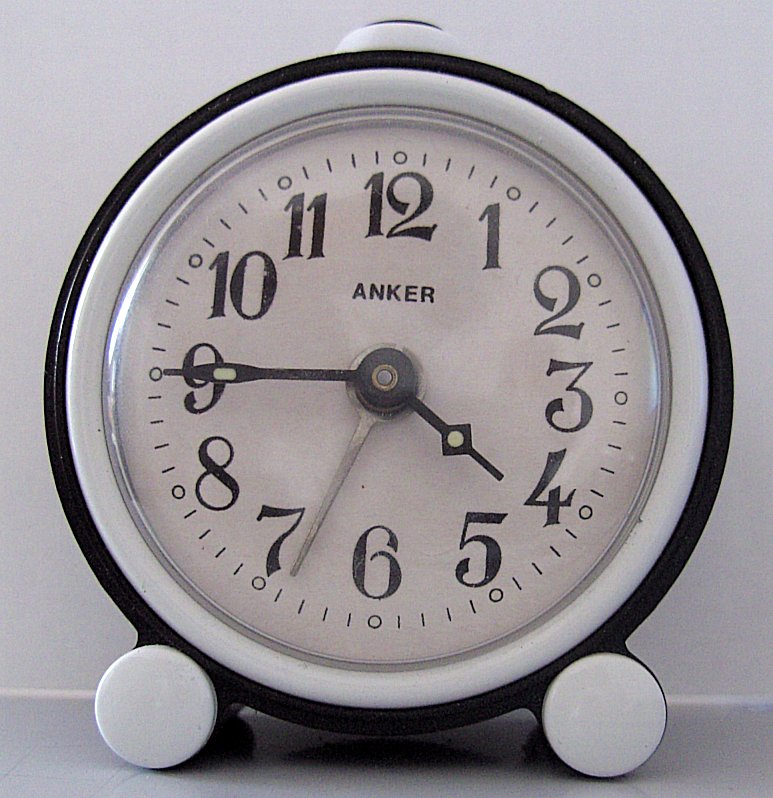Time preference is an economic concept related to psychology and circumstances. People who have a sense of urgency are said to have a high time preference. Those who are in no hurry have a low time preference.
My two sons in Norway will serve well as examples of how personality plays into this. The oldest is an outgoing young man, always with friends, and always ready for fun. His younger brother is more of a loner. He too has friends, but they are not as important to him. He can spend hours training juggling tricks. Both have relatively well paying jobs.
One of my sons owns an apartment. The other doesn't. One is going to take the vaccine. The other isn't. The reader may already know who is doing what from the above description. As a hint, I'll point out that owning an apartment require low time preference, because there's a need to save money up front. Taking the vaccine is more of a high time preference thing because it will give immediate praise and convenience at the expense of possible problems in the future.
Not surprisingly, my oldest son owns no apartment, but will take the vaccine. His brother owns an apartment, and will not take the vaccine. With exterior conditions pretty much exactly the same for them both, the differences in their decisions and life achievements can be written down to personality. However, exterior factors can and will influence time preferences as well.
A calamity will increase people's time preferences. Times of plenty will reduce time preferences. Being constantly on edge due to shortages and uncertainties increases time preferences. Stress and fear make us increasingly prone to reach for quick and immediate fixes.
This is why policy makers have a tendency to exaggerate disasters. When there's fear, we tend to accept quick solutions without much worry about long term consequences. Those most prone to this are the ones with a natural tendency towards high time preferences. However, by learning how to manage fear we can lower our time preferences. As a consequence, we will be less accepting of quick fixes, and more likely to succeed in life. But few people are willing to learn that lesson. They can't be bothered to look into this, and so we have the situation we are in today.
The current vaccine mania is tied to high time preferences. We demand instant gratification. Investments must pay off within weeks. Fixes must be made immediately. Desires must be satisfied now. There's no time to reflect on anything, and hence we accept whatever solution is presented to us. If it sounds good, and others agree, we go with the flow. There's no resistance. The idea that some sacrifices are worth it if it brings a better future is dismissed as old-fashioned nonsense.
 |
| Clock |
No comments:
Post a Comment